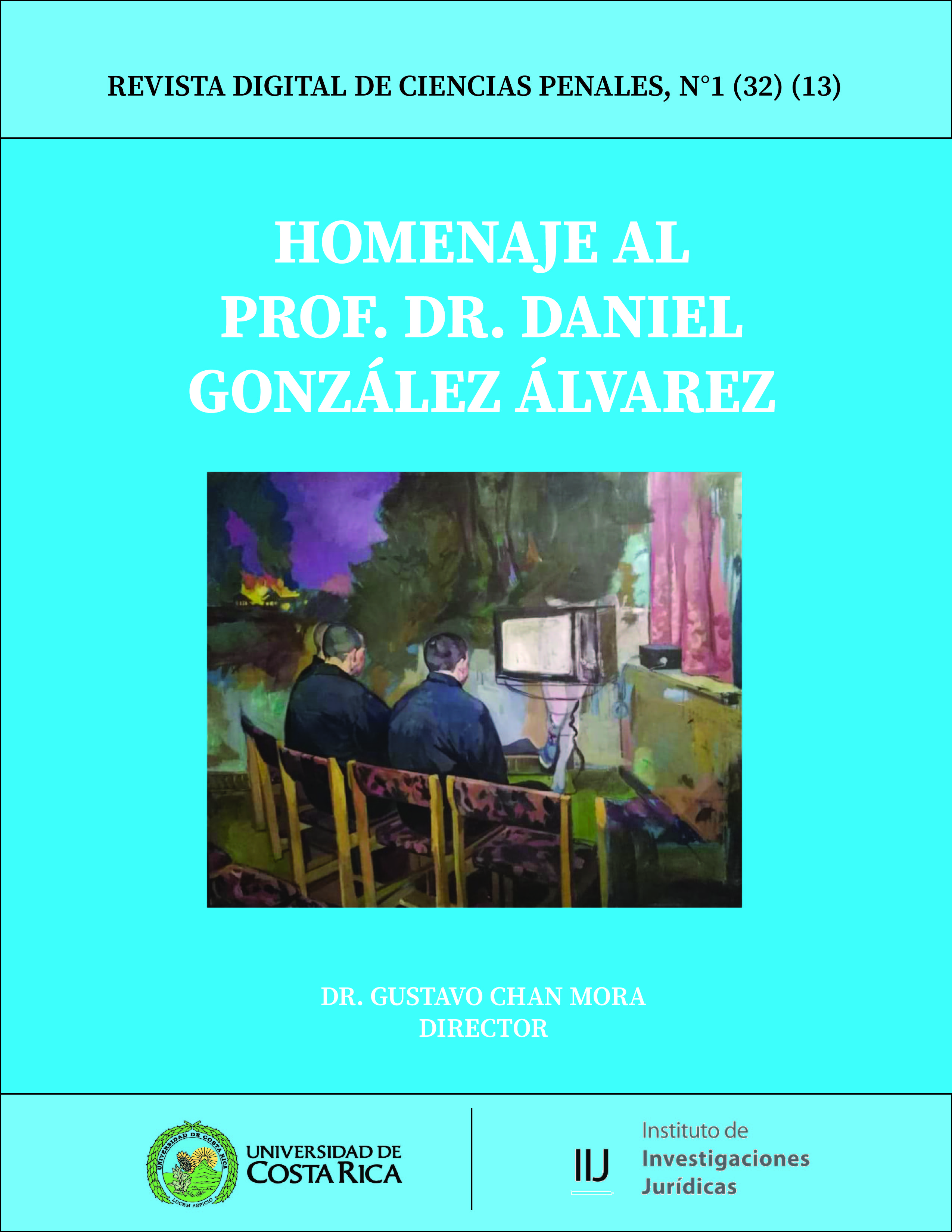Abstract
Some basic concepts of "the" crime theory are developed, in order to show that those objectives or ends set for it do not necessarily coincide with what is actually "done" with those components in the practices of the legal system. These components are essentially aimed at a “legal class”, of legal technicians, so that they can assess, in a more or less uniform way, whether or not people's behavior can be defined as crimes in the strict legal-criminal sense. The history of the crime theory (s) is nothing more than the discussion about how many components are required for that purpose, and what requirements should be assigned to them. The different theorical proposals on these components and their meanings should always be analyzed from their consistency or incongruity with respect to certain constitutional principles, which seek to provide a certain rationality to the State's power to punish. Nevertheless, none of the above answers the question that this contribution titles. Actually, this question can only be answered from the methods and empirical research of the sociology of law that make it possible to elucidate which crime theory (s) actually live in the practices of the legal system and its subsystems, and if in that real dimension, they are congruent or not with elementary principles of a liberal democracy.

